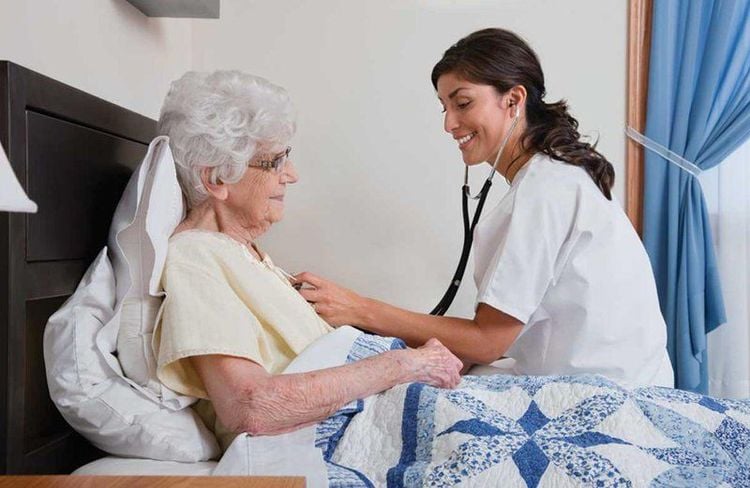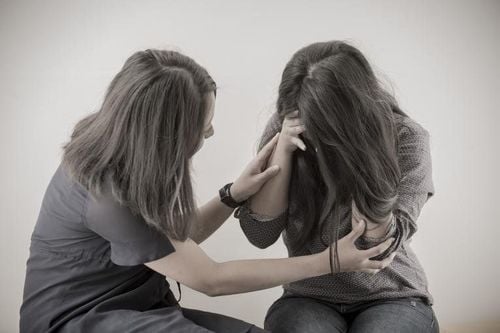This is an automatically translated article.
The article was professionally consulted by Dr. Nong Ngoc Son - Oncology Center - Vinmec Central Park International General Hospital.Currently, nearly 80% of patients with liver cancer, lung cancer and many other common cancers cannot be cured. After a period of active treatment, at home as well as abroad, the patient also gradually entered the final stage of life with the symptoms of the disease becoming severe, health deteriorated markedly, affecting the patient's health. travel and personal activities. The most difficult time for both the family and the patient also begins here.
At this stage, specific treatment aimed at curing the disease or prolonging life is no longer mentioned by doctors. Usually, the patient is arranged to return to the medical facility near the treatment house, or as the patient puts it, "the hospital returns", with those worries and sufferings still being "abandoned". .
1. Is there any hope left?
Cancer patients can still hope for a less painful end of life and a peaceful death. Palliative care is the answer to that wish.
The goal of palliative care is to provide care and support to all patients and their families suffering from illness at any stage. In particular, at the end of life, palliative care will help effectively relieve pain, prevent nausea - reduce vomiting, reduce shortness of breath, take care of nutrition, improve quality of life and provide psychological support for patients. as well as helping to share difficulties with family members.
With that help, the patient can still get weaker but less painful, can still be sad but smile, can be scared but mentally calm, and above all, always have medical staff monitor and support them until the last moment

2. What should relatives do?
In addition to the support of the palliative care unit, relatives of a cancer patient can help alleviate pain by:
Reduce pain: Track how long each dose takes to work. analgesic. Watch for side effects such as lethargy, constipation, or urinating less often. Record times or activities that increase pain, such as going to the bathroom, changing clothes, changing bandages, or late at night. This information is very helpful for the doctor to adjust the dose or add another medication to help keep the pain under control more stable.
Nutrition: In the late stages, nutritional needs change differently than during chemotherapy and radiation therapy. At this point, force-feeding is no longer beneficial, but sometimes creates an additional burden. Depending on the feeling of hunger and appetite, being flexible in eating will help patients and their loved ones feel more relieved. In addition, doctors will also help add advice for each individual case.
Psycho-spiritual: mediating discord in the family, arranging busy jobs, and sending things that can't be shared with anyone will help the patient's psychology to be comfortable and go through. the remaining days of life in love and meaningful things. At times, it may take the help of a psychologist, loved one, or medication to work through feelings of anxiety, fear, and sadness.
Hope that the above information will help relatives of cancer patients have the most appropriate care. Thereby, cancer patients will be more optimistic when the hospital returns and have more hope to live the rest of their lives.
Please dial HOTLINE for more information or register for an appointment HERE. Download MyVinmec app to make appointments faster and to manage your bookings easily.














